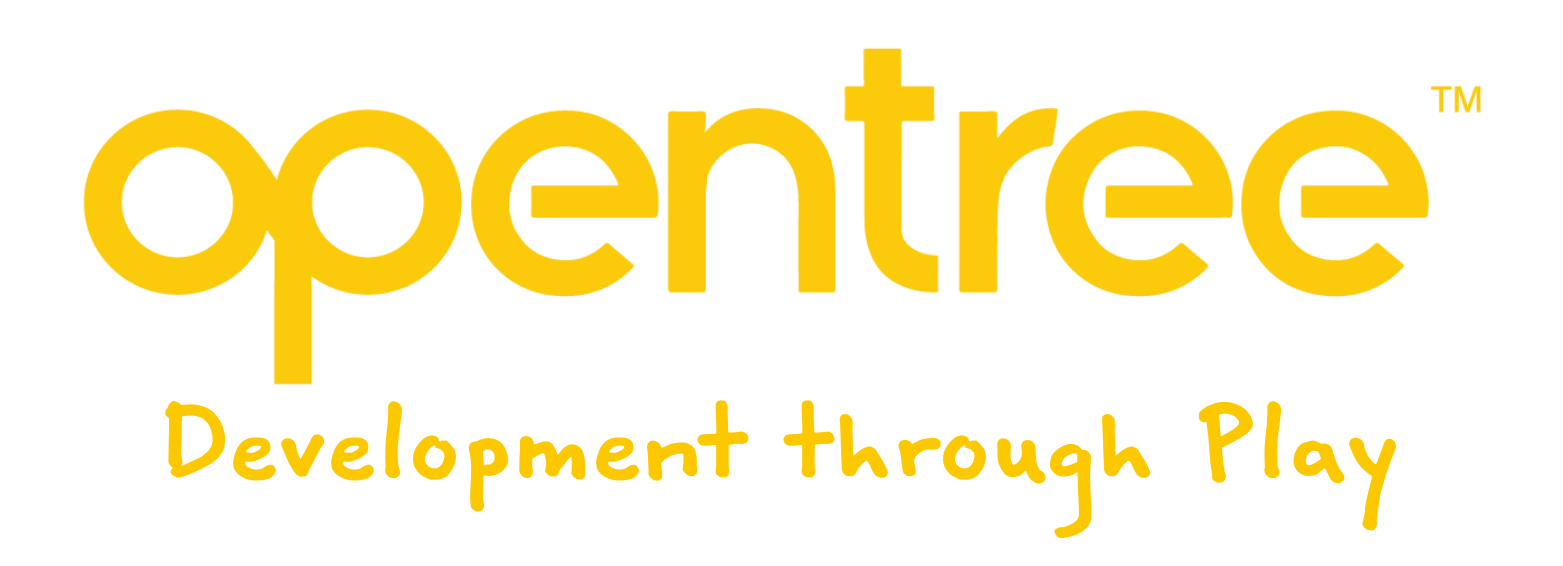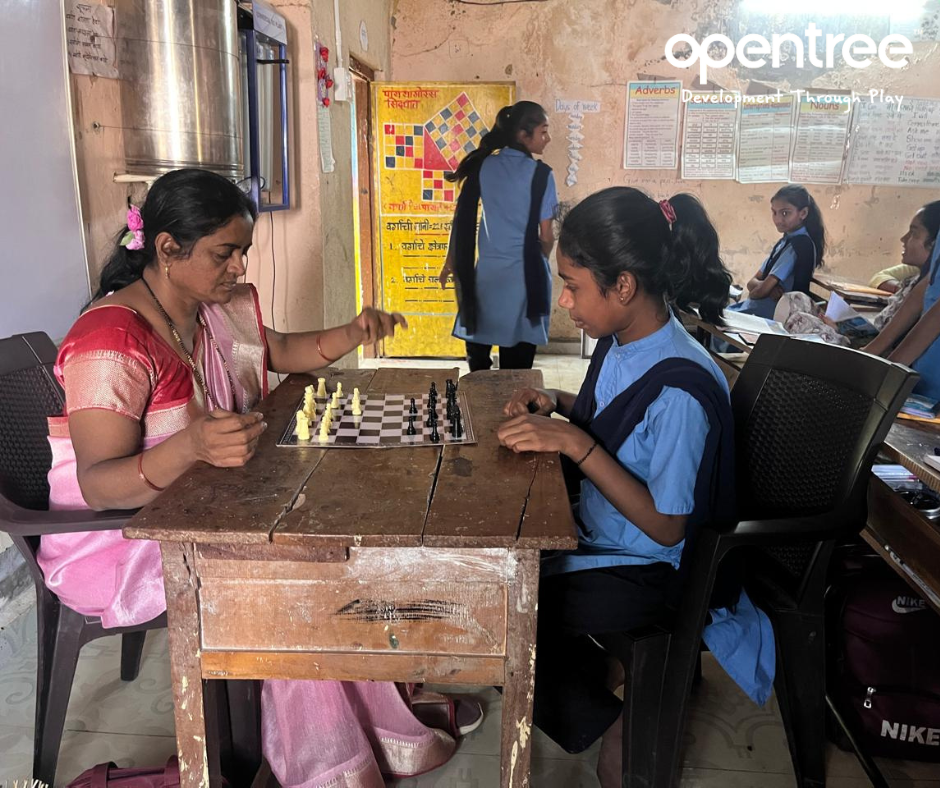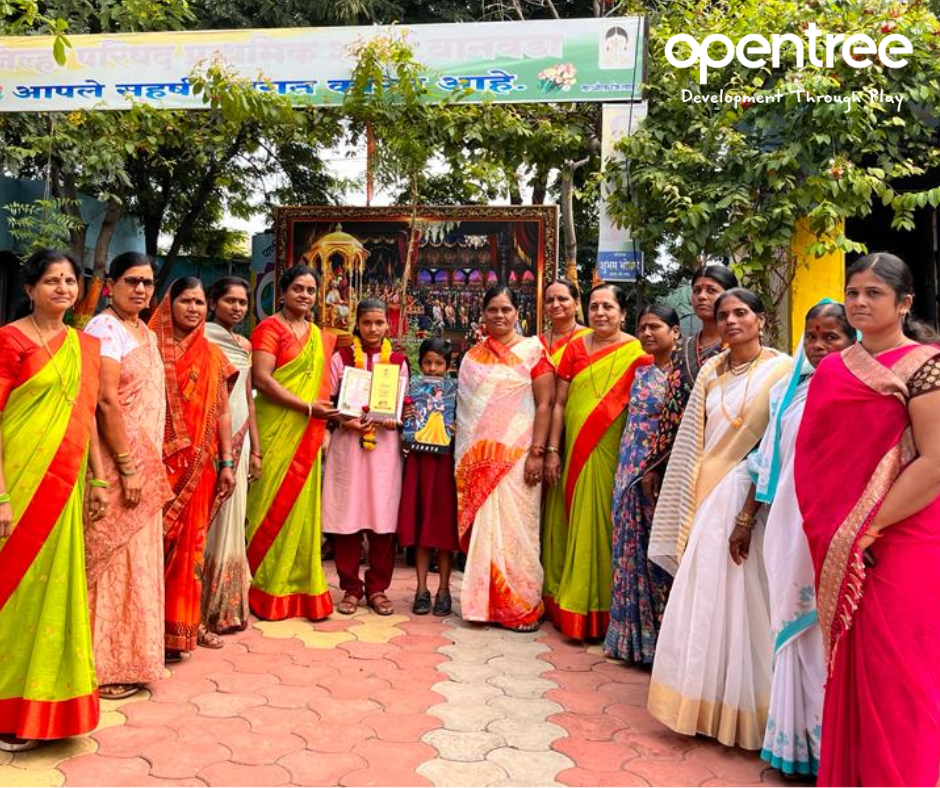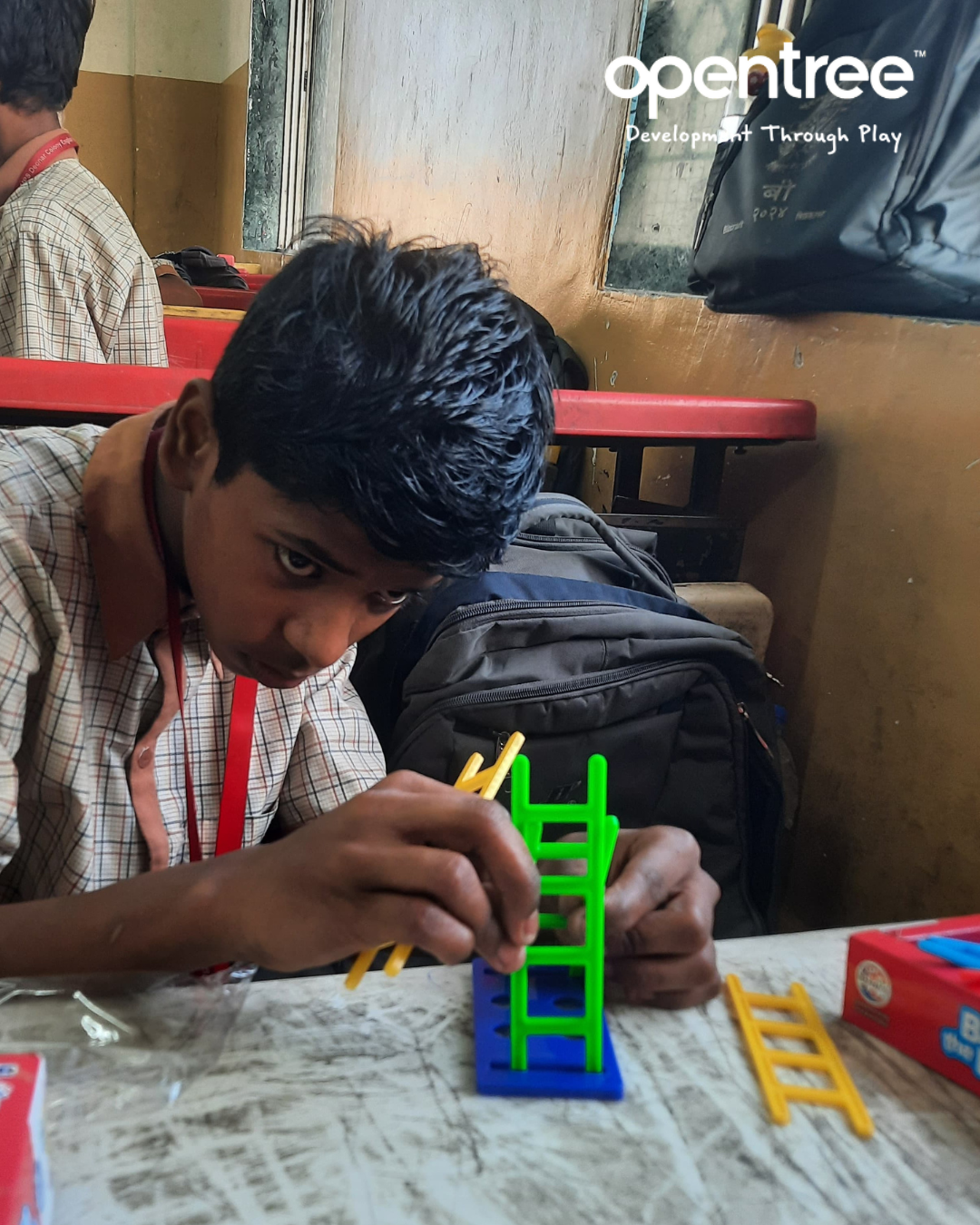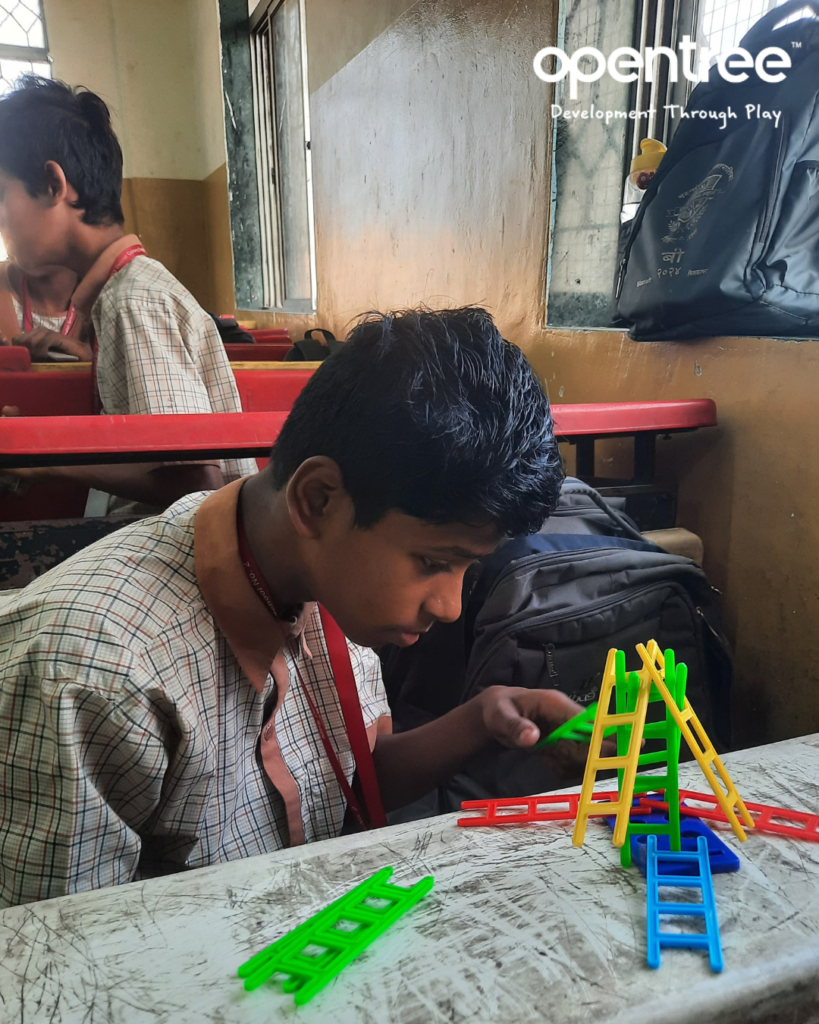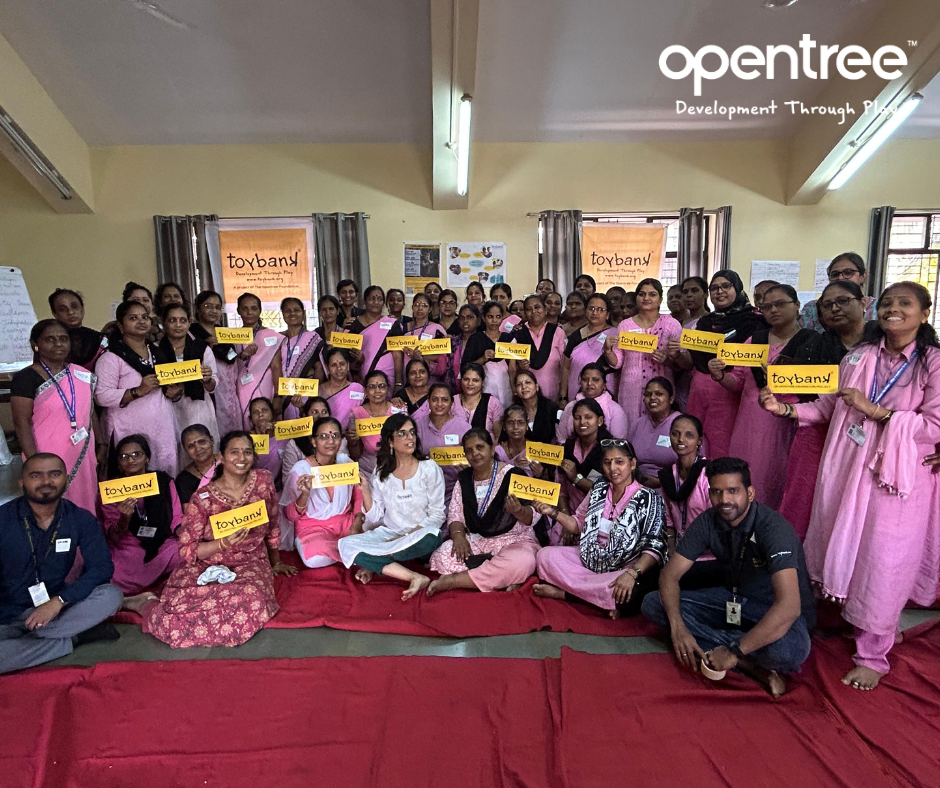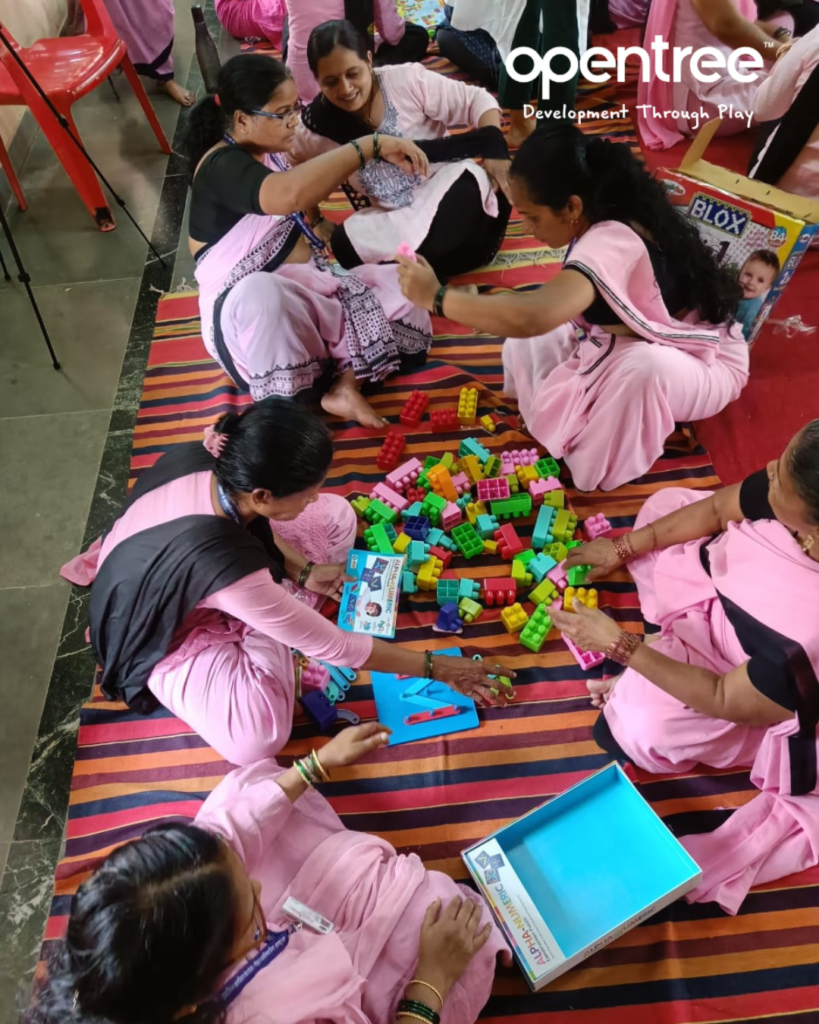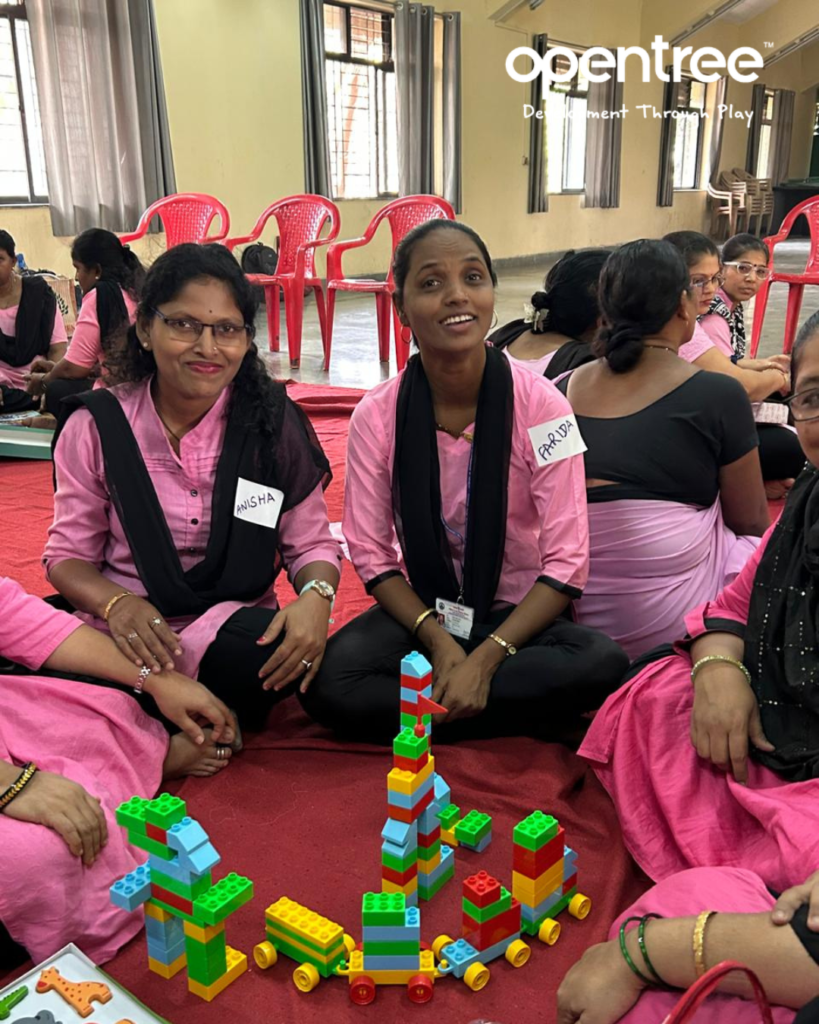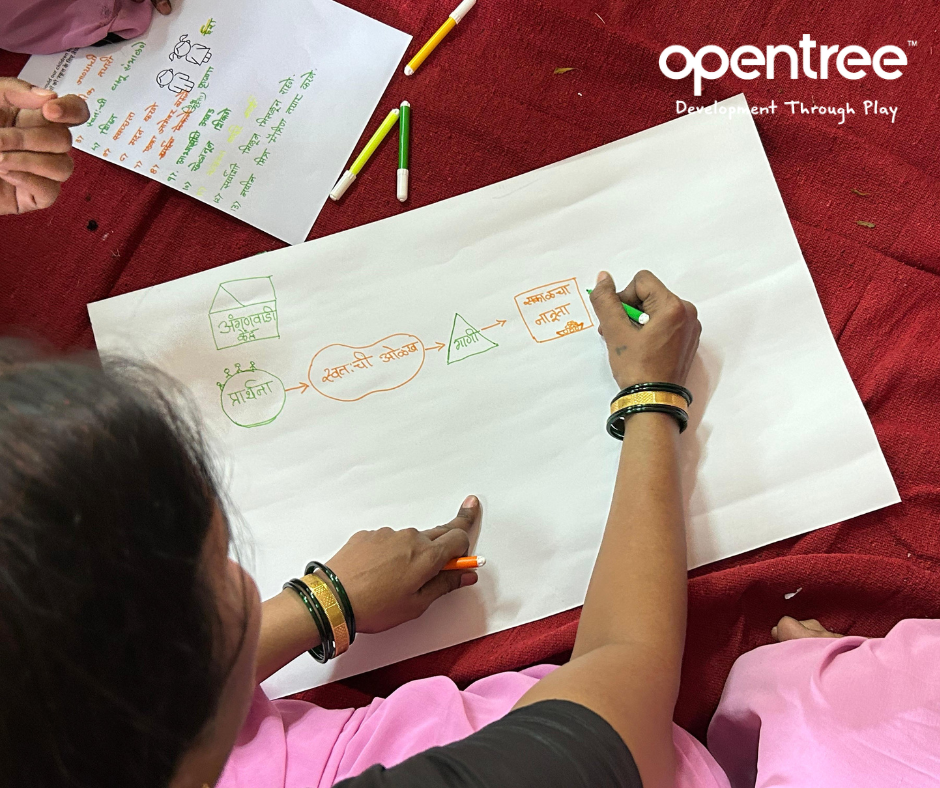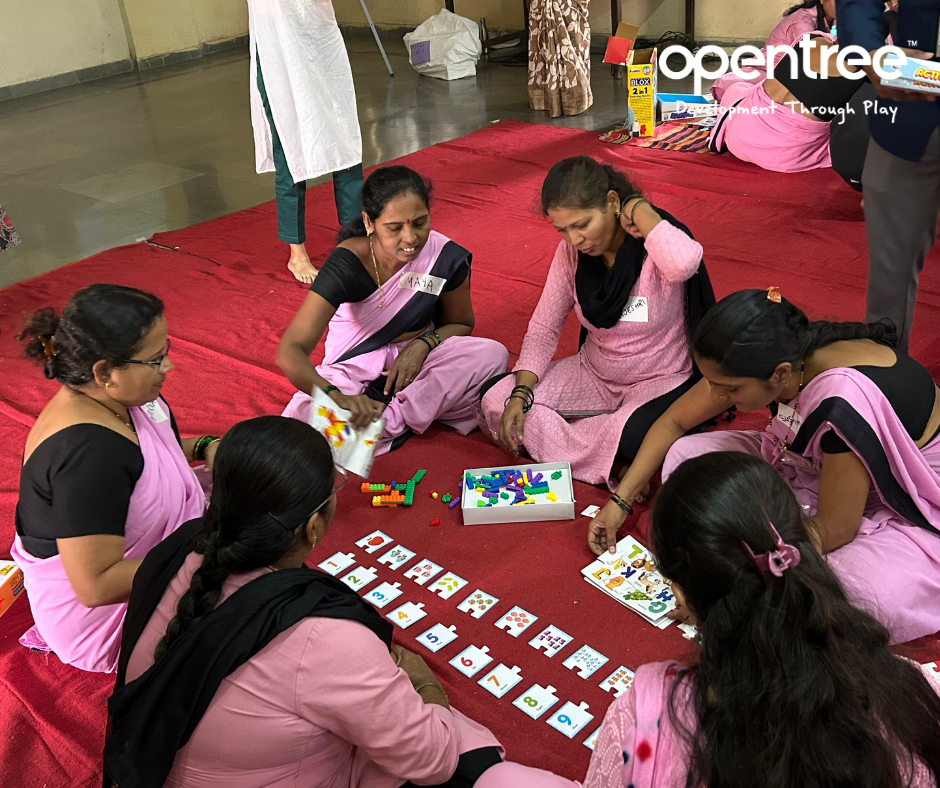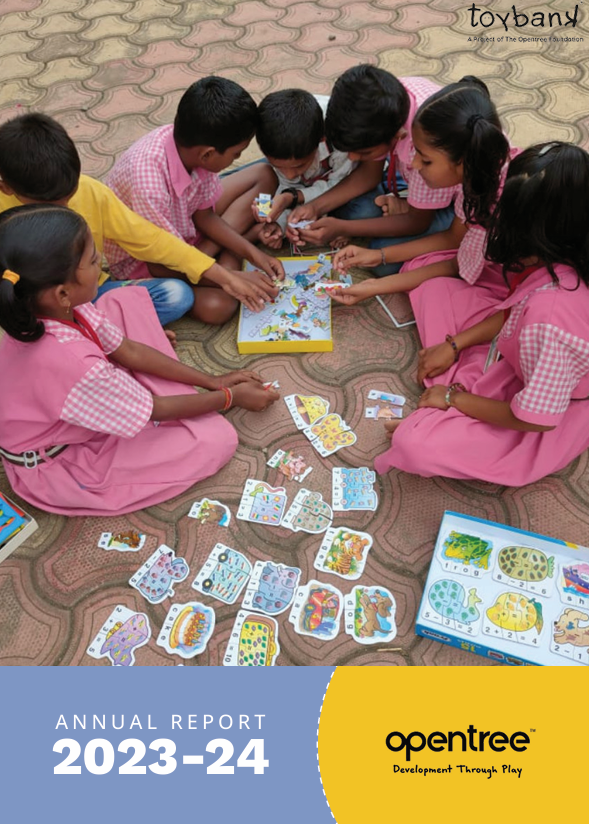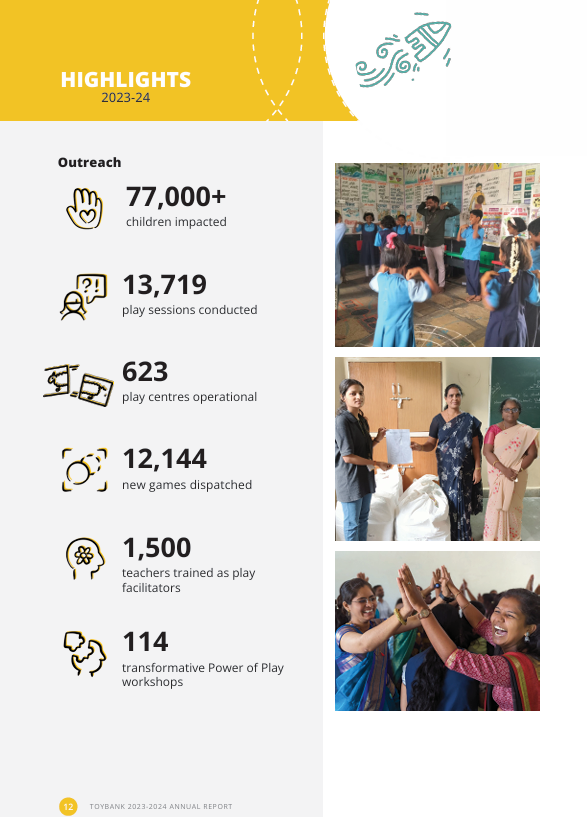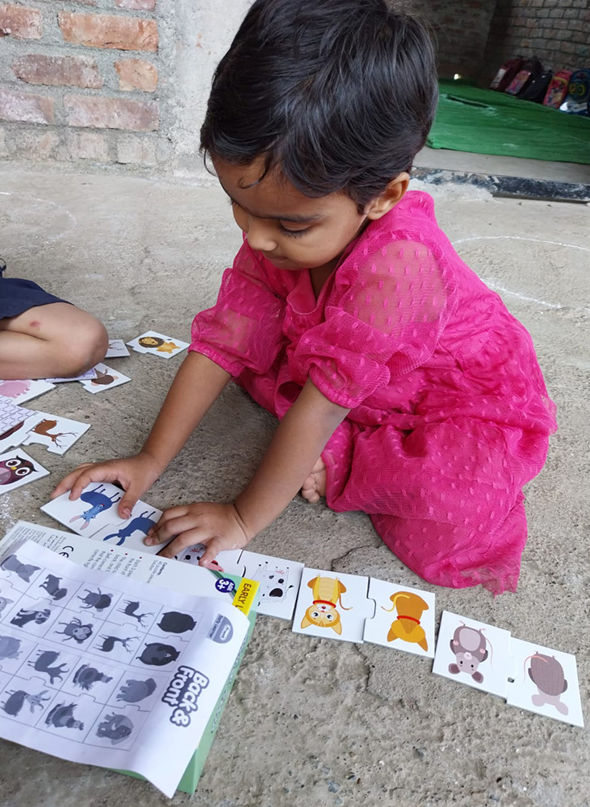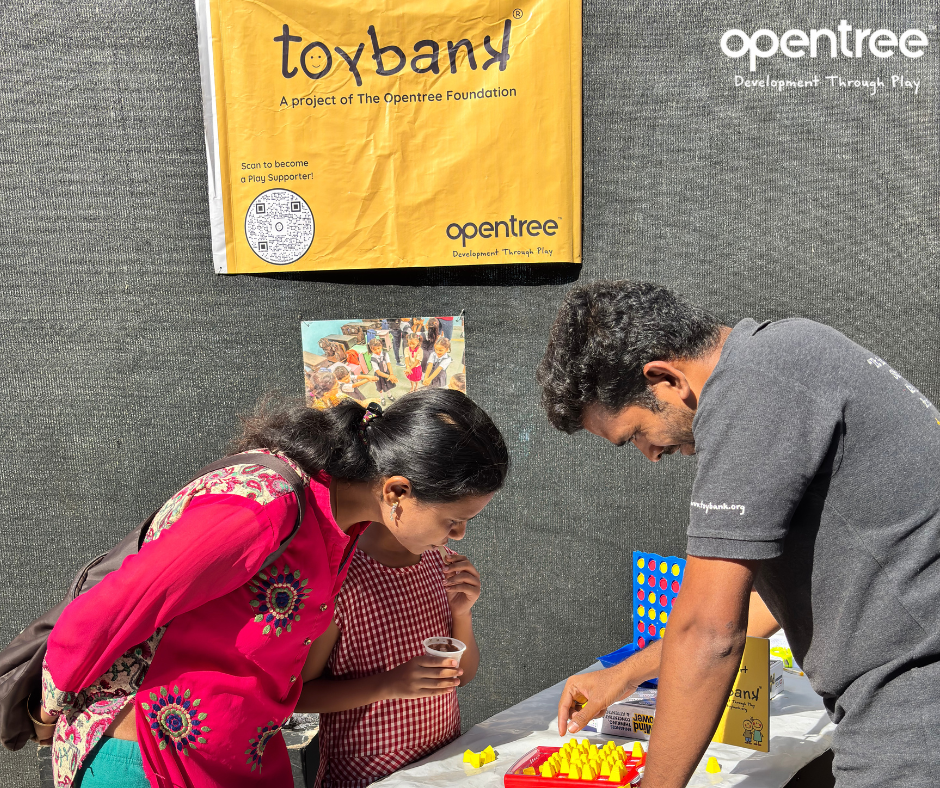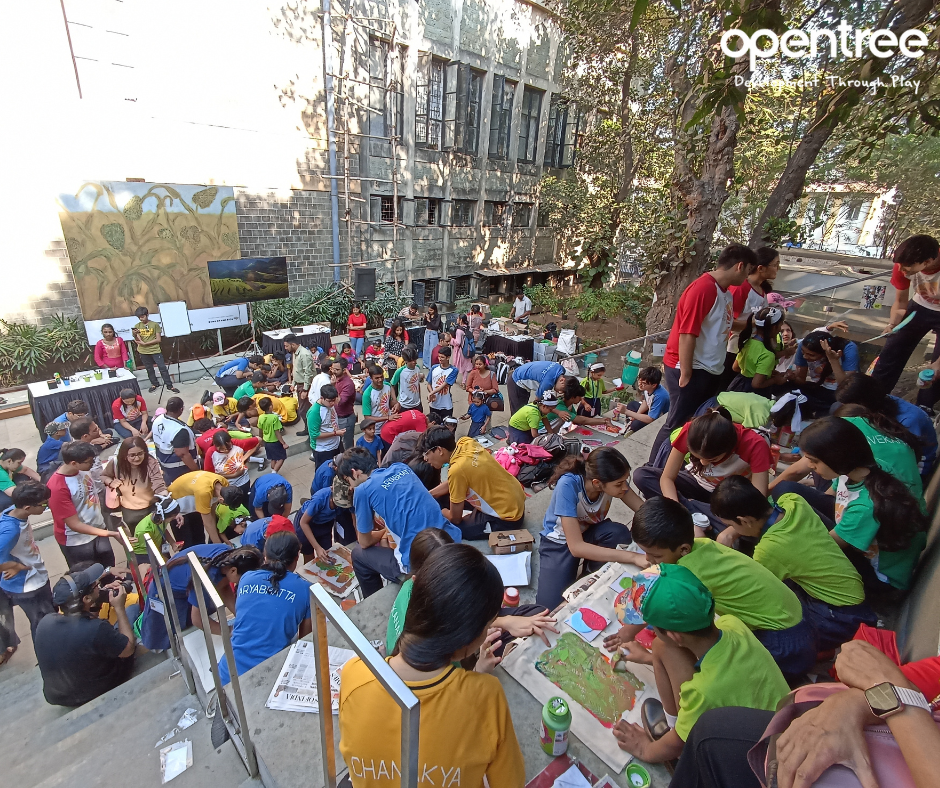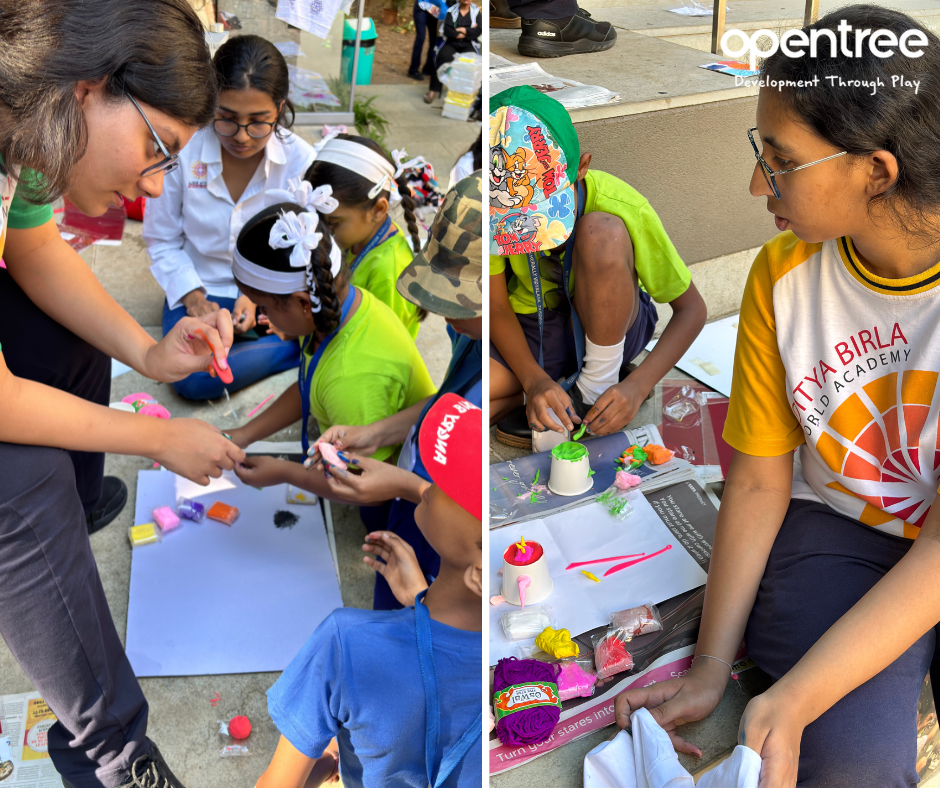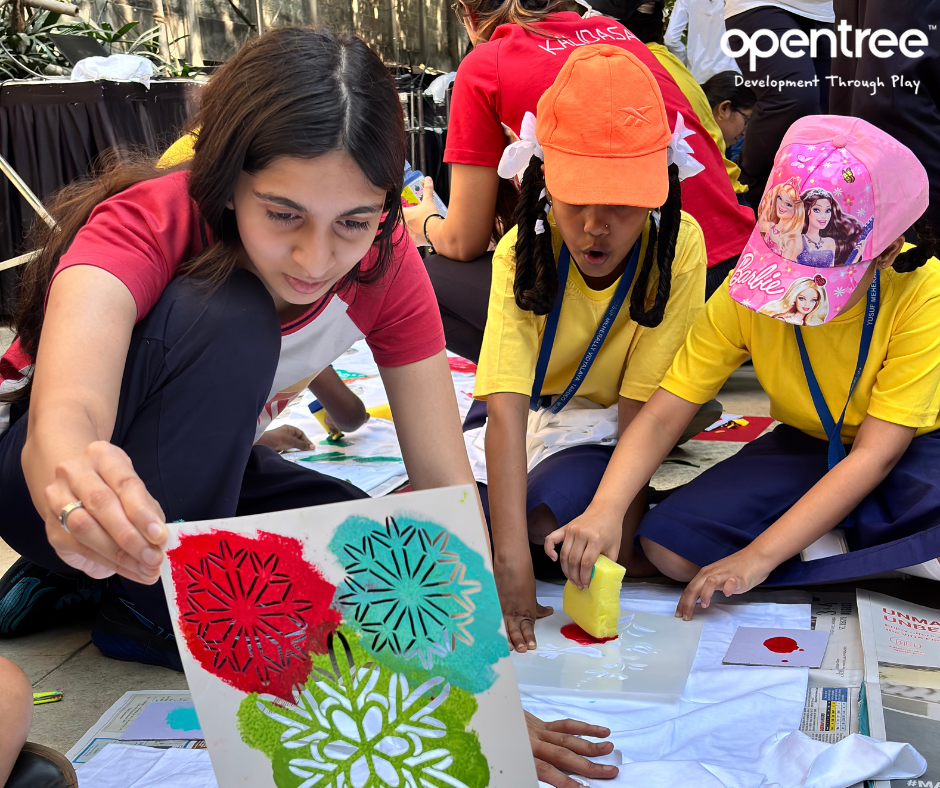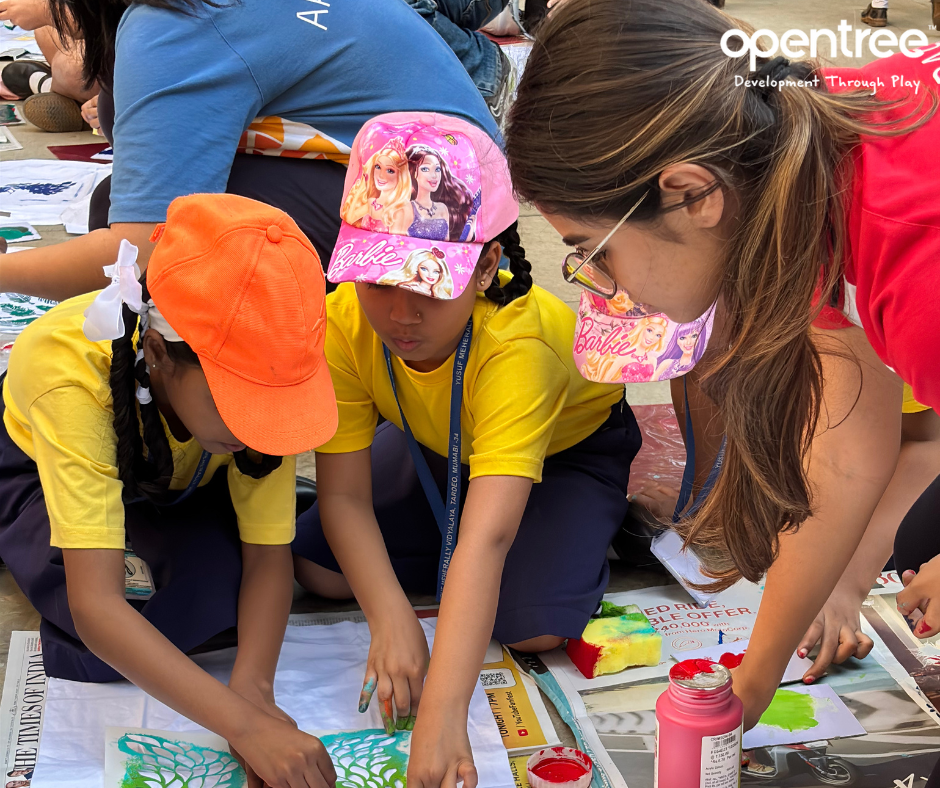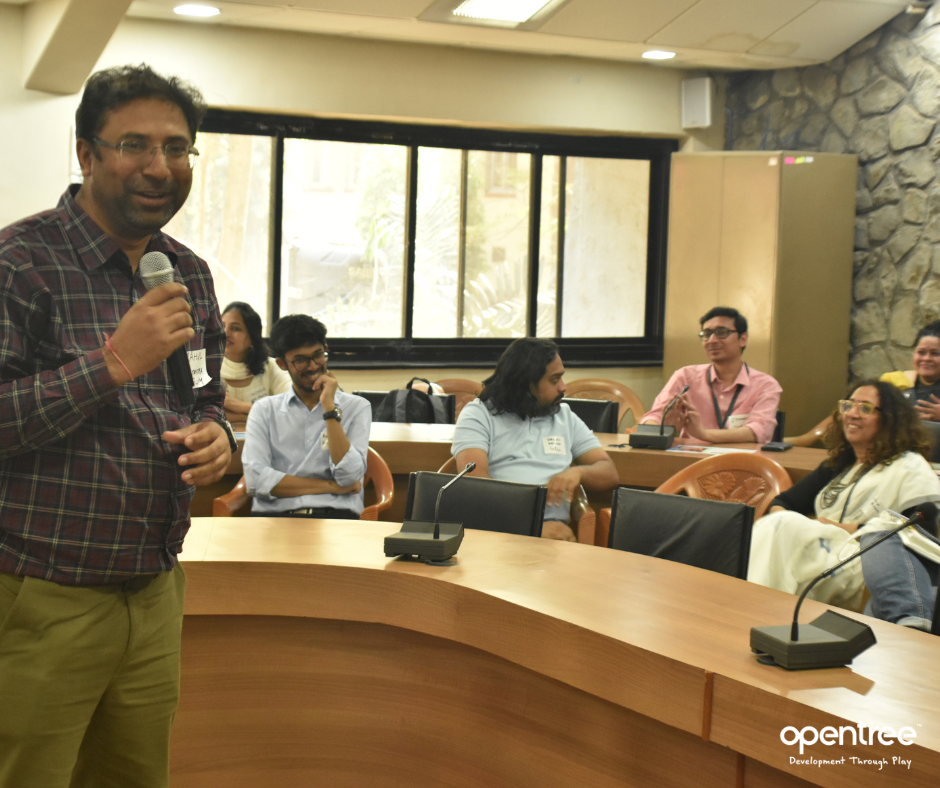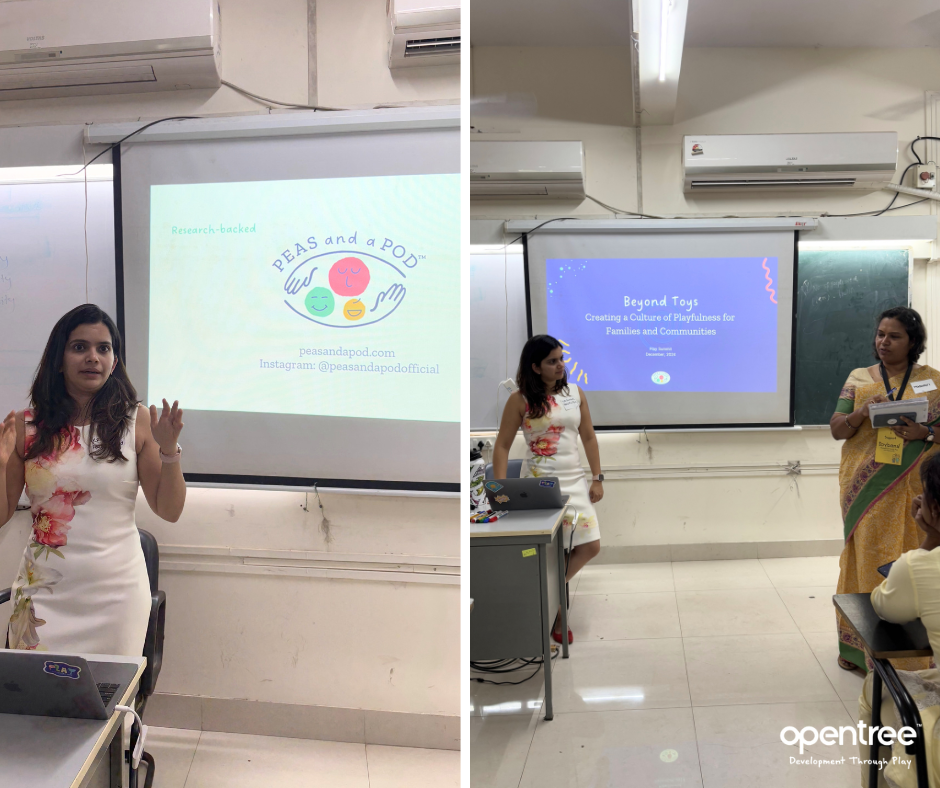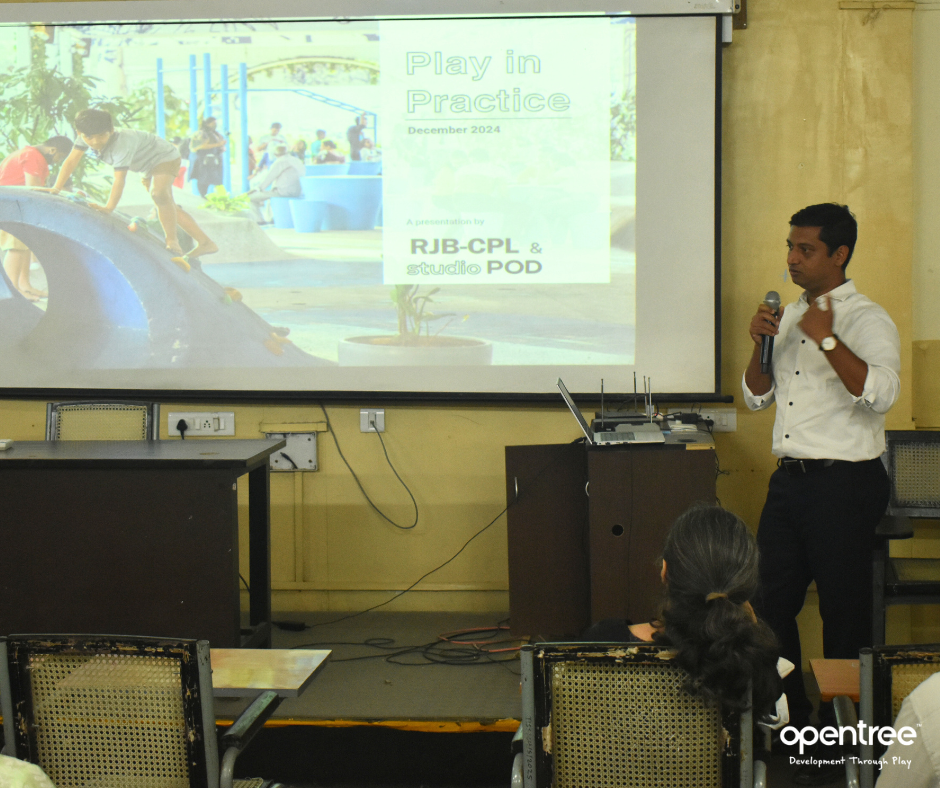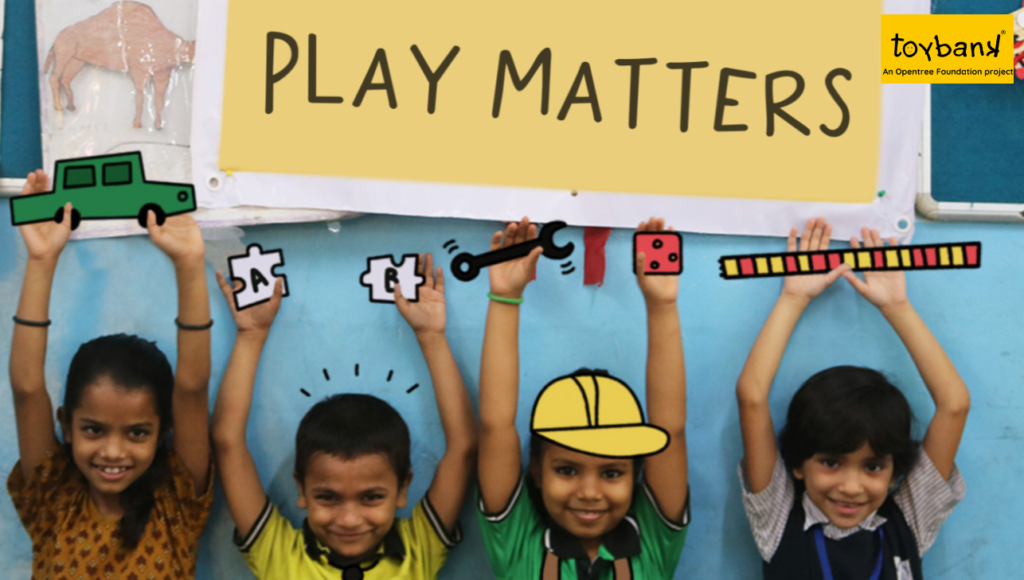Cooking Up Skills Through Play With Little Chefs
It all began with a simple craving — a craving for pizza. But this time, it wasn’t just about eating it. It was about making it. Together.
The idea sparked during playtime, as the children chatted about their favourite foods, and just like that, they decided to make their own pizza and the game was on.
What followed was no ordinary kitchen activity — it was an adventure led entirely by the children, powered by imagination, curiosity, and joy. First, they huddled together to list all the ingredients they would need. Tomatoes, cheese, onions, bell peppers… the list grew longer with every excited suggestion.
Then came the expedition. With shopping lists and bags in hand, the little team set off to the vegetable market, the dairy, and even a nearby supermarket. They asked questions, compared prices, bargained shyly, and learned how to choose the freshest produce. The bags were heavy, but not one complaint was heard — because they carried them together.
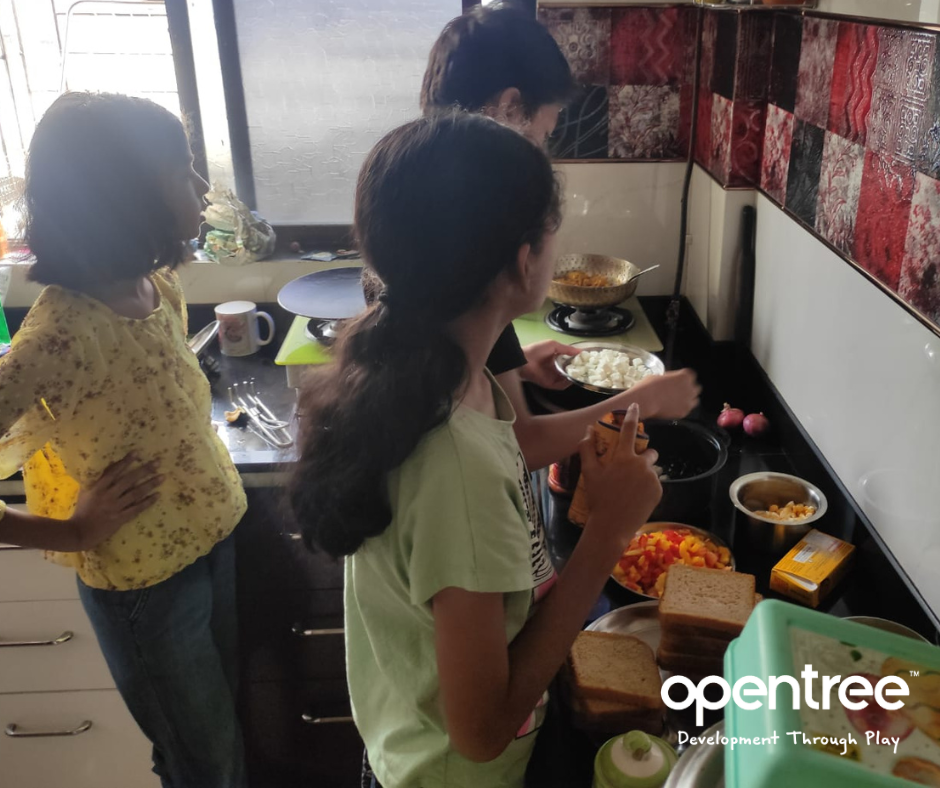
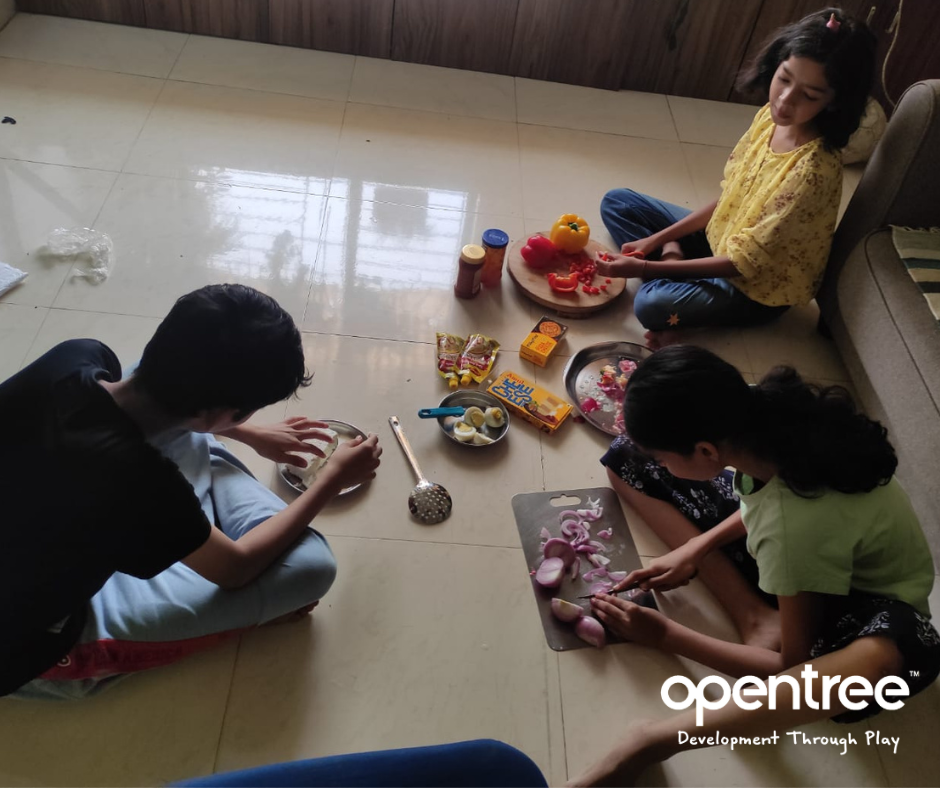
Back home, play turned into purpose. Sleeves rolled up, hands washed, and vegetables rinsed. Some chopped while others debated the best topping combinations. It was messy, noisy, but perfect. Each child had a role, and every task was a tiny triumph — from slicing mushrooms to spreading sauce just right. They took turns, shared tools, and offered encouragement.
When the pizzas were finally ready, they gathered around like proud chefs at a grand feast. It wasn’t just about the taste — it was about the journey. The teamwork, the creativity, the hands-on problem-solving. And the play.
This wasn’t a structured lesson. There were no worksheets, no formal instructions. Yet, in that afternoon of pretend play turned into a real-life project, they learned more than any textbook could offer — how to collaborate, communicate, plan, adapt, and most of all, how to turn ordinary moments into extraordinary memories.
This activity reminded us that play is not separate from learning — it is learning.
Written with inputs from Vijay Suryavanshi, a longtime volunteer at The Opentree Foundation and a supporter of play and play-based learning.

